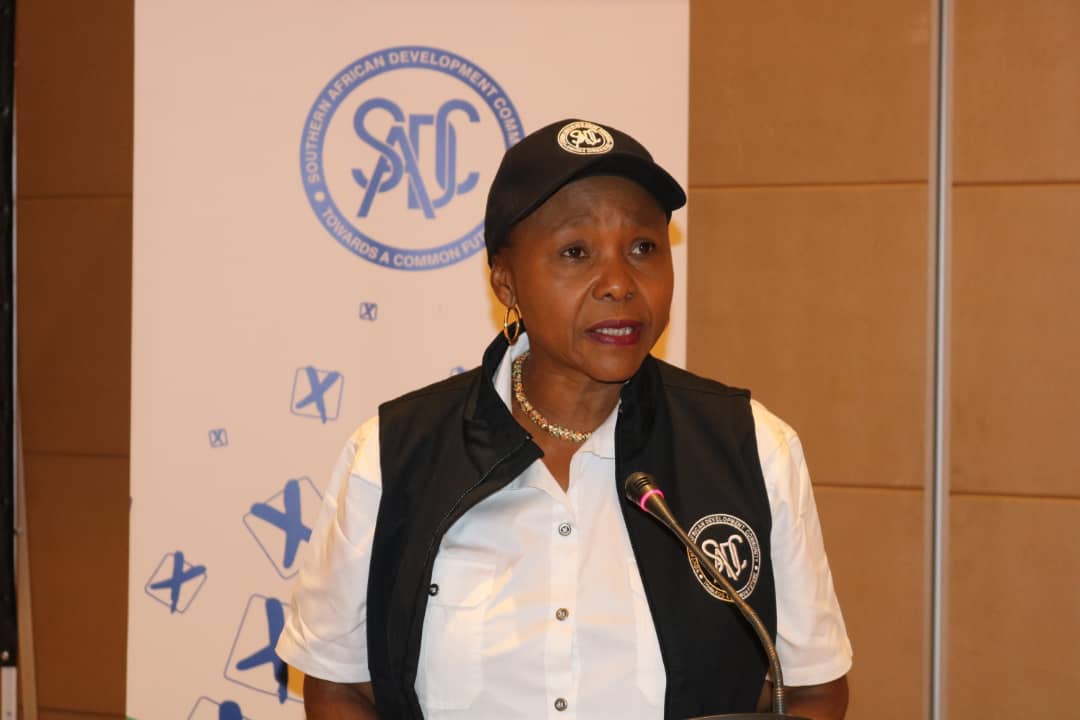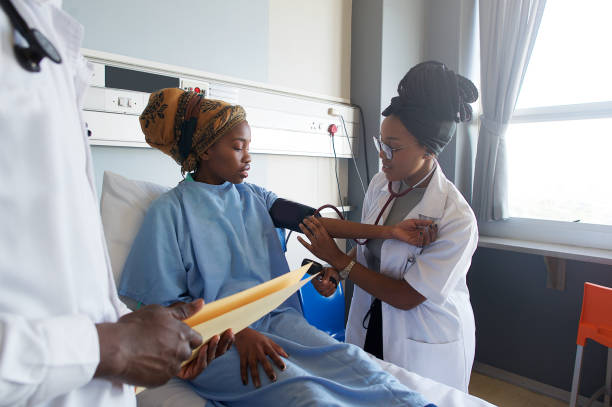By Eugenie Muchetu
Harare, (New Ziana) – The Government has approved 5,000 new health posts for the Ministry of Health and Child Care, a strategic intervention aimed at addressing critical staffing shortages across Zimbabwe’s healthcare system. Recruitment is expected to commence immediately.
Health and Child Care Minister Dr. Douglas Mombeshora announced the development on Friday during the 2025 Nurses Graduation and Prize-Giving Ceremony held at Parirenyatwa Group of Hospitals, where 247 nurses graduated, comprising 176 post-basic specialist nurses and 71 general nurses.
“This development will strengthen our schools and ensure that our expanded training institutions are well staffed and properly resourced. This happened just about two weeks ago. So we are starting recruitment,” he said.
Dr. Mombeshora said the move reflects Government’s commitment to ensuring equitable access to quality health services and to producing “competent, confident and compassionate nurses for the nation.”
The new posts include tutor positions, which are expected to enhance staffing at training institutions. Parirenyatwa School of Nursing, established in 1927, now offers 10 specialised post-basic diploma programmes, including renal nursing, ophthalmic training, oncology and palliative care, community health, nurse administration, and nurse anaesthetics.
The school recently suspended its mental health specialist programme due to a shortage of tutors but is actively recruiting to reinstate it.
“The country cannot speak of primary health care or universal health coverage without recognising the indispensable contributions of nurses and midwives as they are the heartbeat of Zimbabwe’s health delivery system. In every hospital, clinic and rural health centre, they are the first to respond, the first to comfort and the first to save lives,” Dr. Mombeshora said.
He said Government continues to invest in strengthening nursing and midwifery education to build a resilient and motivated health workforce. Training capacity has expanded to 29 general nurse training schools, 18 primary care nursing schools and 22 midwifery schools, with new institutions being established in districts that previously had none.
“In 2025, two new schools opened in Gokwe North for registered general nurses and Chelanyemba in Matabeleland South for primary care nurses,” he said, adding that a new training institution is expected to be opened during independence celebrations in April 2026 in Maphisa, Matabeleland South.
The Ministry’s health workforce agenda is aligned with Vision 2030 and the National Development Strategy 1.
“Guided by the Health Labour Market Analysis conducted in 2022, we developed a Health Compact investment plan that seeks to increase nurse training output from about 3,300 in 2022 to at least 7,000 annually by 2030,” he said.
The Ministry has also embraced digital innovation through its Impilo Fundo e-learning platform, which provides students, nurses and midwives with access to interactive and up-to-date learning materials.
“This ensures that no student is left behind even in remote areas and that learning continues seamlessly alongside practical training.”
Dr. Mombeshora commended First Lady Amai Auxillia Mnangagwa, who was guest of honour at the ceremony, for her tireless work as the country’s Health Ambassador.
“These efforts are complemented by your own tireless work, your Excellency, in championing the refurbishment of training institutions and hospitals through your leadership and advocacy, including the work of Angel of Hope Foundation. Hostels, classrooms and hospital wards have been renovated. Learning conditions have improved and essential resources have been mobilised. Your efforts have transformed the learning environment for our students and uplifted the overall standard of healthcare delivery.”
To support career progression and address staffing gaps at district and community levels, the Ministry is developing a one-year upgrading curriculum to allow primary care nurses to advance to registered general nurses.
“This initiative will create opportunities for career progression while helping address staffing shortages at district and community levels.”
Universities are also strengthening professional pathways for nurses. The Bachelor of Science in Nursing programme, pioneered by the University of Zimbabwe, is now offered by the National University of Science and Technology and expanding to other institutions including Great Zimbabwe University, Reformed Church University, Solusi University and the Women’s University in Africa.
“These university-based degrees complement our globally respected Diploma in Nursing which remains the backbone of Zimbabwe’s nursing education. Together they provide multiple routes for professional growth and help align training with the evolving needs of our health system.”
Parirenyatwa Group of Hospitals Chief Medical Officer Dr. Tsitsi Magure said the Parirenyatwa School of Nursing plays a pivotal role in producing the national health workforce and directly supports the Ministry’s Human Resources for Health strategy.
The school currently has 437 students, the largest enrollment in the country and contributes significantly to filling the critical skills gap in both specialist and general nursing.
“Our graduates serve all over the country’s provinces from where they come from, ensuring that the government’s commitment to decentralise specialist services and equitable access to quality healthcare becomes a reality.”
Dr. Magure said the school is actively embracing digital transformation in line with the Ministry’s goal to expand training capacity and modernise learning.
“We envision a future wellness in education (that) integrates digital and digital learning platforms. Breaking the barriers of traditional brick and mortar classrooms will allow for increased student intakes through hybrid learning modules, wider access to specialised training for nurses in remote districts and enhance collaboration with partner institutions across Zimbabwe and SADC,” she said, adding that more nurses will be trained virtually in their areas.
She said the school continues to demonstrate exceptional academic performance, with overall pass rates ranging from 96 percent to 100 percent across all programmes in 2024.
“Operating theatre nursing we had 100 percent pass rate, diploma in anaesthetics we had 100 percent pass rate, renal nursing 100 percent, intensive and coronary care 98percent, ophthalmic nursing 98 percent, oncology and palliative care 96 percent and midwifery 100 percent.”
Dr. Magure reaffirmed commitment to producing competent, compassionate and innovative nurses, while embracing technology and global best practices in education. She said this vision aligns with the Ministry’s goal to double the number of health workers by 2030.
New Ziana












